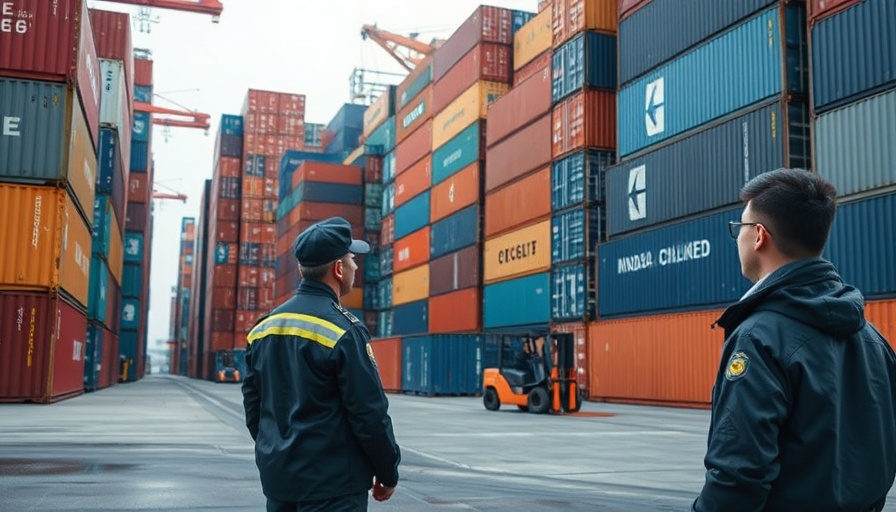
Exploring the Risks of Tariff Workarounds
To navigate the complex landscape of international trade, many U.S. Amazon sellers are finding themselves in a precarious situation. Chinese suppliers are proposing a controversial solution to mitigate tariffs: declaring a lower value on goods shipped to the U.S. While this could ostensibly reduce costs for sellers, the legality of such actions poses serious ethical and financial repercussions.
Why Sellers Are Tempted
U.S. sellers operating on platforms like Amazon are often squeezed by rising costs and stiff competition. With tariffs affecting their profit margins, it’s little wonder that suppliers are keen on offering solutions that promise savings. However, adopting a workaround that involves falsifying the declared value of goods is a gamble that could backfire in the face of regulatory scrutiny.
Understanding the Legal Implications
Engaging in these practices not only risks hefty fines and sanctions but also jeopardizes seller reputations in an increasingly vigilant market. U.S. Customs and Border Protection (CBP) has been cracking down on misclassifications and undervaluation, making it crucial for businesses to understand the long-term effects of such decisions.
Current State of Supply Chain Strategies
In light of these challenges, businesses must reassess their supply chain strategies. While some may see immediate benefits from these tariff solutions, the potential for future penalties posits a greater risk than reward. Industry experts emphasize the importance of remaining compliant and exploring legitimate routes for cost-saving such as negotiating better shipping rates or sourcing from different suppliers.
In a rapidly evolving e-commerce environment, transparency and adherence to regulations not only protect businesses from legal issues but also build trust with consumers. As customers become more aware of corporate practices, the demand for ethical business conduct grows.
Final Thoughts
The temptation of shortcuts is perennial in business, yet navigating them responsibly is essential for long-term success. Rather than undercutting themselves with illegal strategies, sellers should embrace sustainable practices that meet legal standards while fostering consumer trust. As the e-commerce landscape is scrutinized more closely, staying on the right side of regulations may very well define the future of their business.
 Add Row
Add Row  Add
Add 



Write A Comment